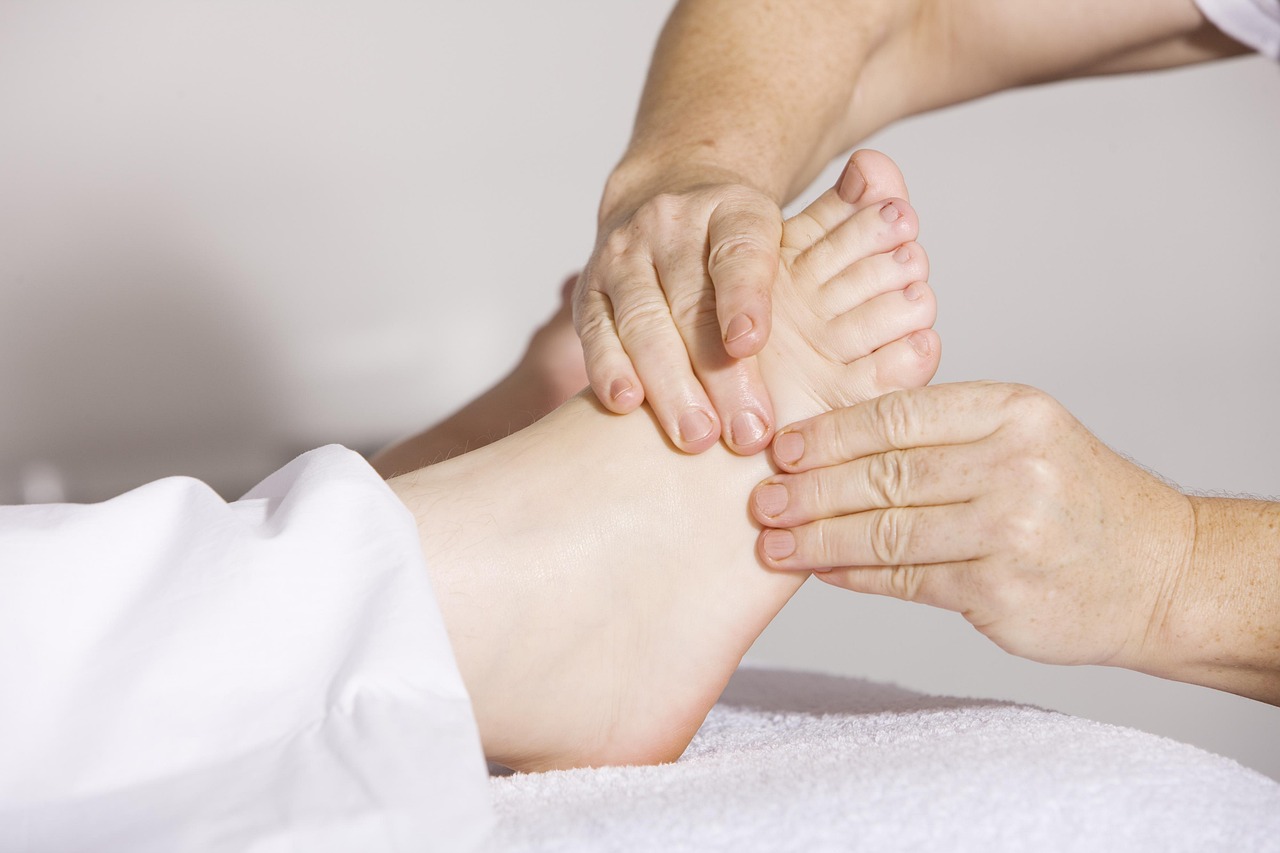Our feet are remarkable structures that carry us through life, yet they’re often overlooked when discussing overall health. The average person takes between 8,000 and 10,000 steps daily, placing enormous demands on these complex appendages. Despite this, foot care typically receives attention only when problems arise. A visit to the Holistic Foot Clinic Burwood can be the first step toward understanding how foot health impacts your entire body’s wellbeing.
Key Takeaways
- Foot health directly influences your overall physical wellbeing, affecting posture, mobility, and balance
- Common foot problems like plantar fasciitis can cause pain throughout the body
- A holistic approach addresses the root causes of foot issues rather than just symptoms
- Regular foot maintenance prevents more serious health complications
- Integrating complementary therapies can enhance conventional foot treatments
What Is Holistic Foot Health?
Holistic foot health goes beyond treating symptoms to examine how your feet influence and are influenced by the rest of your body. This approach considers the physical structure of your feet alongside lifestyle factors, exercise habits, footwear choices, and even emotional wellbeing.
Rather than isolating foot problems, a holistic perspective sees them as potential indicators of imbalances elsewhere in the body. For instance, foot pain might stem from posture problems, which could originate from stress or occupational factors.
“Your feet are the foundation of your body – when they’re properly supported and functioning well, everything above them benefits.”
By addressing foot health comprehensively, practitioners can help restore balance to the entire system, often resolving issues that seemed unrelated to foot function.
How Foot Health Connects to Your Entire Body
Your feet form the literal foundation upon which your body stands. This connection means foot problems rarely exist in isolation:
Posture and alignment: Foot mechanics directly affect how your ankles, knees, hips, and spine align. Problems like overpronation (feet rolling inward) can create a chain reaction of misalignment reaching all the way to your neck.
Circulation: Your feet contain networks of small blood vessels that, when functioning properly, help maintain healthy circulation throughout your body. Poor foot health can impair this circulation.
Nervous system: With over 7,000 nerve endings in each foot, these extremities serve as important sensory organs that provide your brain with critical information about your environment and body position.
Pain signals: Foot pain can change how you walk, creating compensatory patterns that strain other parts of your body and potentially causing secondary pain sites.
Common Foot Problems and Their Wider Effects
Several foot conditions can have far-reaching consequences:
Plantar fasciitis: This inflammation of the band of tissue connecting your heel to your toes causes heel pain but can also lead to knee, hip, and back pain as you alter your gait to avoid discomfort.
Bunions: These painful toe deformities affect balance and weight distribution, potentially causing knee and hip problems over time.
Flat feet: Without proper arches to absorb shock, impact forces travel more directly into your ankles, knees, and hips, potentially causing joint pain and fatigue.
Heel spurs: These calcium deposits can cause pain that limits activity, contributing to broader health issues like decreased fitness and weight gain.
Preventative Foot Care Strategies
Regular foot maintenance serves as preventative medicine for your entire body. Effective strategies include:
- Regular foot inspections to catch problems early
- Proper footwear with adequate support and appropriate fit
- Foot-strengthening exercises to maintain muscle balance and flexibility
- Mindful movement practices to improve foot positioning and gait
- Addressing biomechanical issues with custom orthotics when necessary
- Maintaining healthy weight to reduce pressure on feet
Complementary Approaches for Foot Wellness
Several complementary therapies can enhance conventional foot care approaches:
Reflexology: This therapy involves applying pressure to specific points on the feet that correspond to organs and systems throughout the body, potentially improving overall function.
Foot soaks and self-massage: These practices improve circulation, reduce inflammation, and provide stress relief beyond the feet themselves.
Yoga and mindful movement: These practices improve foot flexibility, strength, and awareness, contributing to better function and alignment.
Nutritional support: Anti-inflammatory foods and adequate hydration can reduce swelling and support tissue healing throughout the body, including the feet.
Bringing It All Together
Adopting a whole-person approach to foot care recognises that healthy feet contribute significantly to quality of life and overall health. By treating foot issues with attention to their wider implications, you can address both symptoms and underlying causes for more lasting results.
Regular foot assessments, proper footwear, targeted exercises, and complementary therapies create a foundation for better movement and reduced pain. The Holistic Foot Clinic specialises in this integrated approach, helping patients achieve not just relief from foot pain but improvements in overall wellbeing. Taking care of your feet is an investment in your mobility, independence, and health that pays dividends throughout your lifetime.






